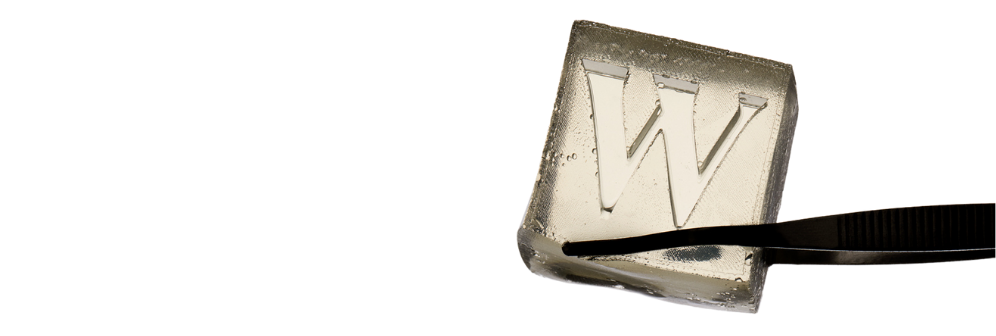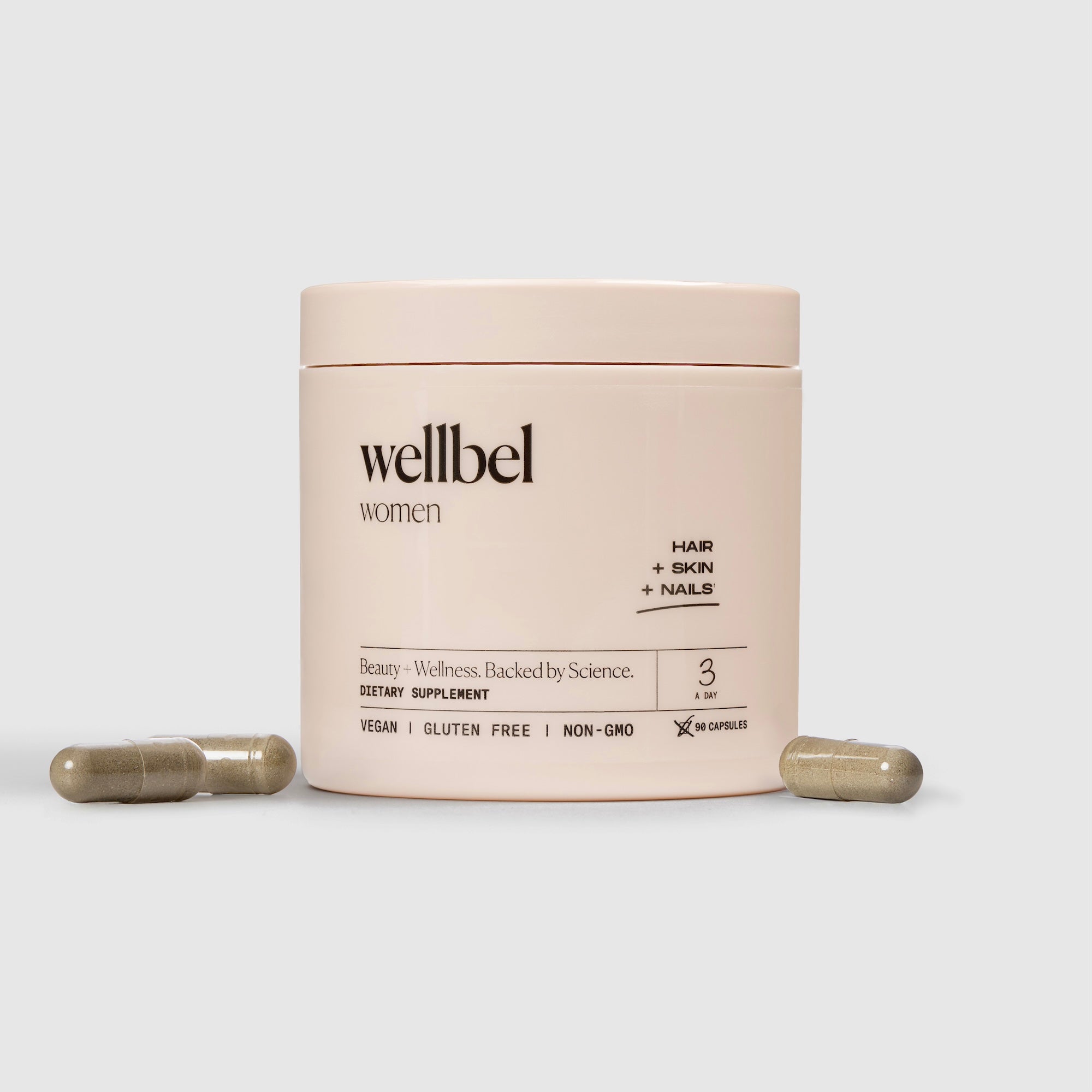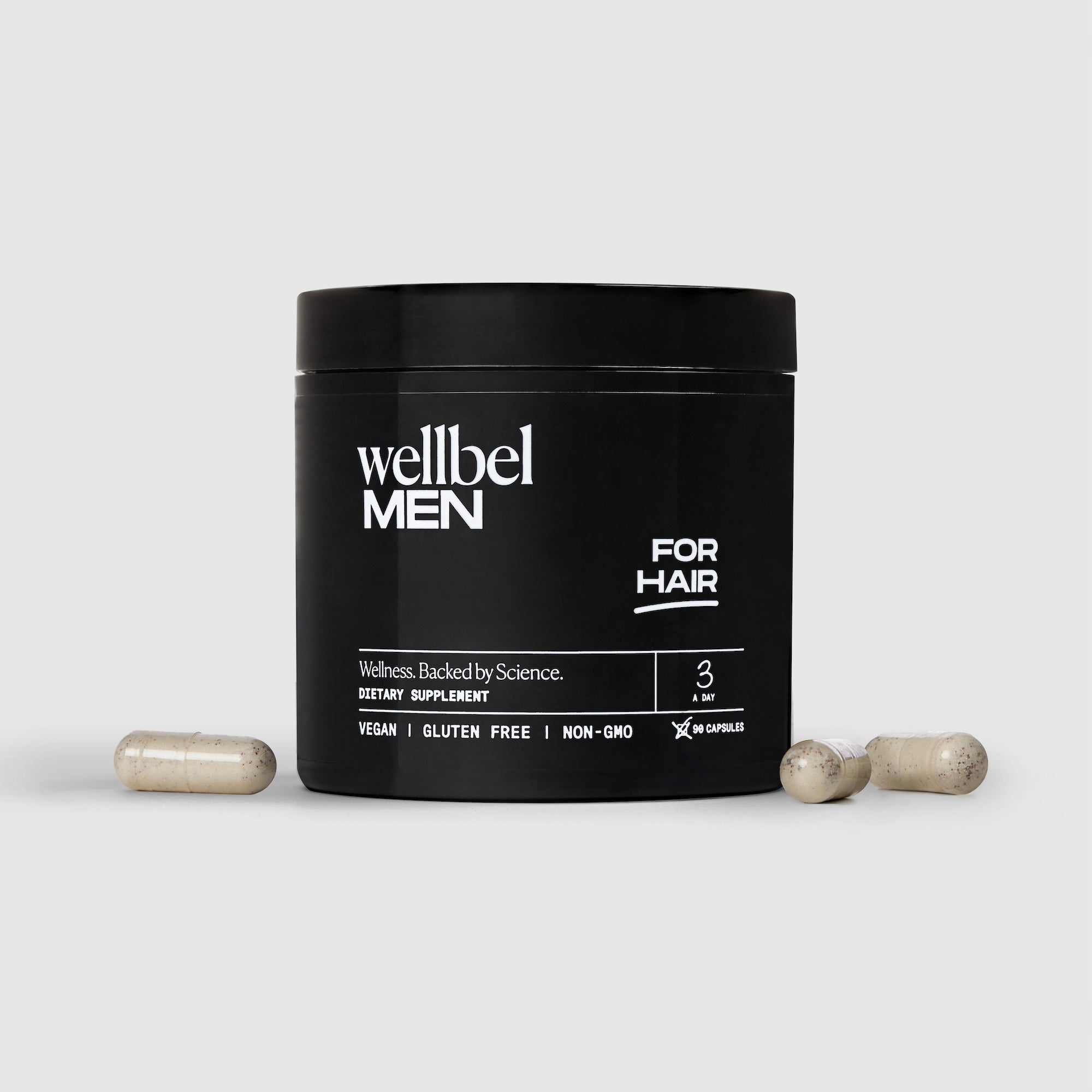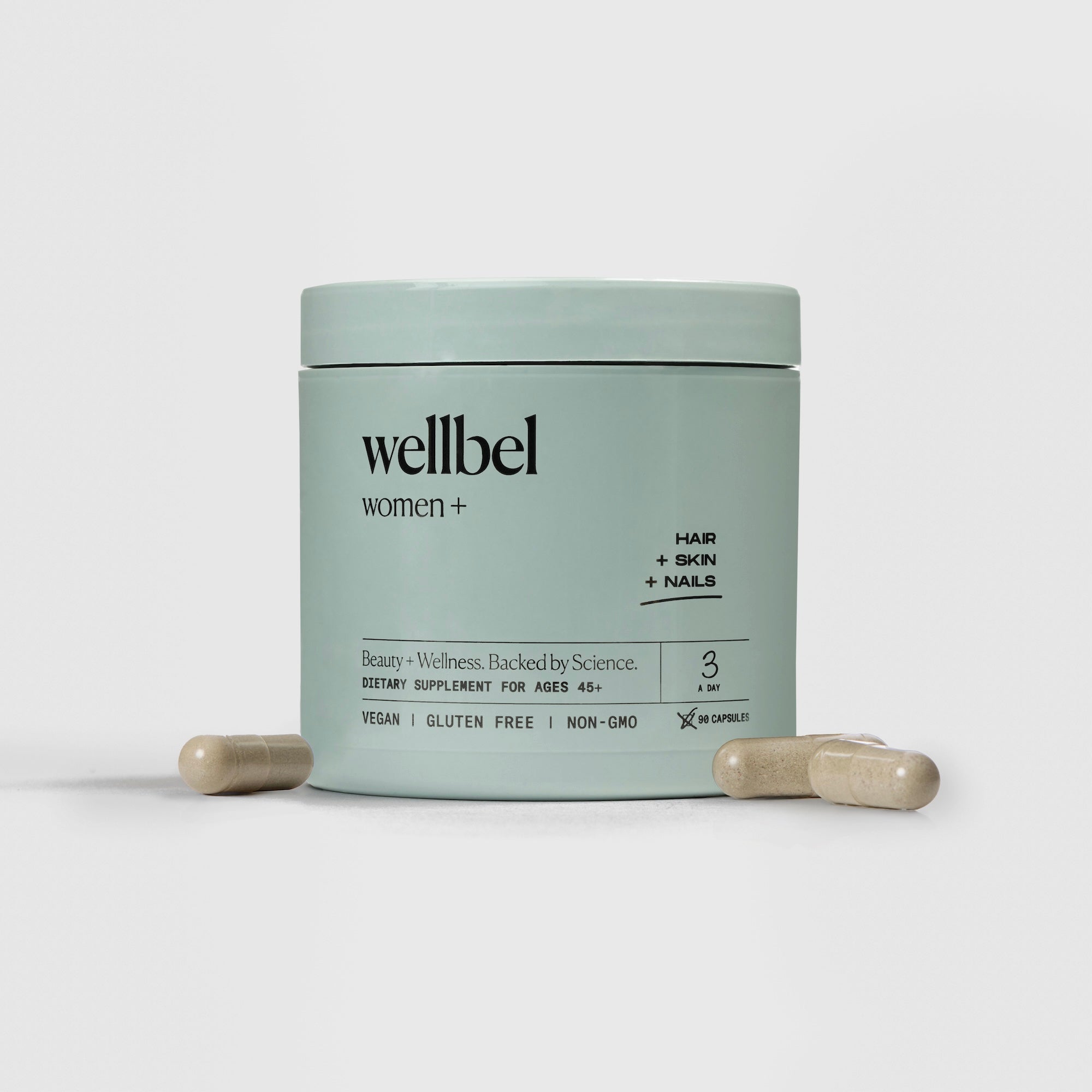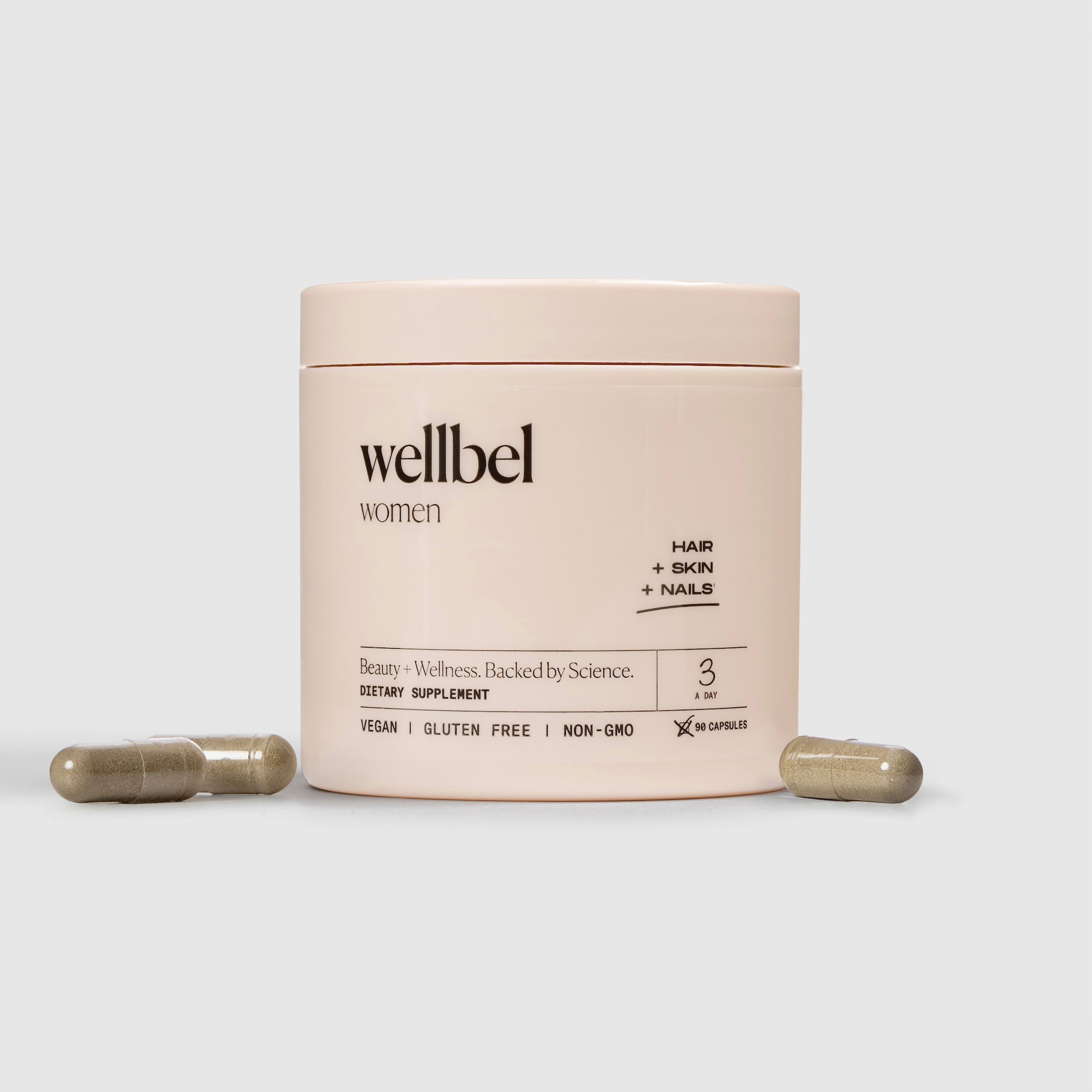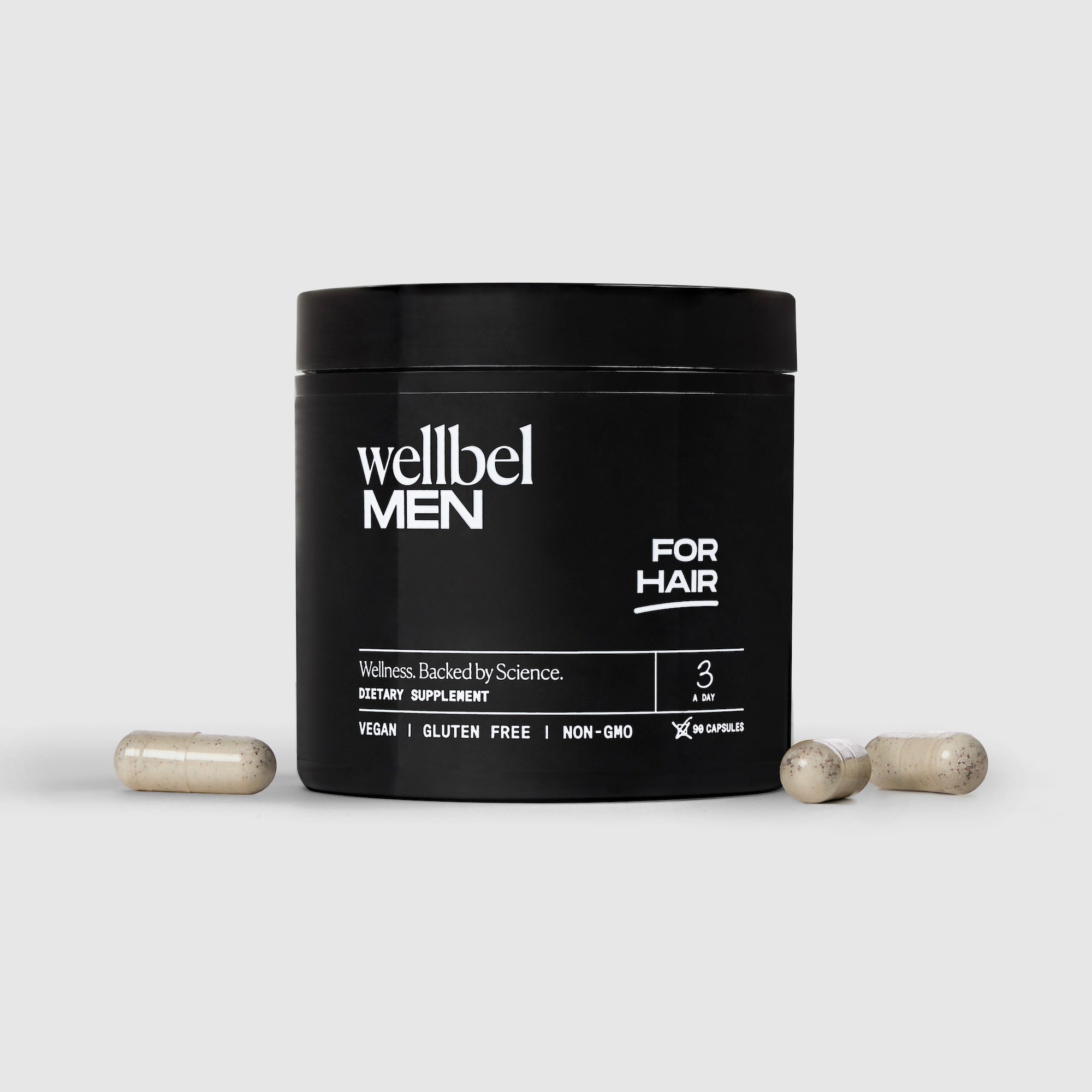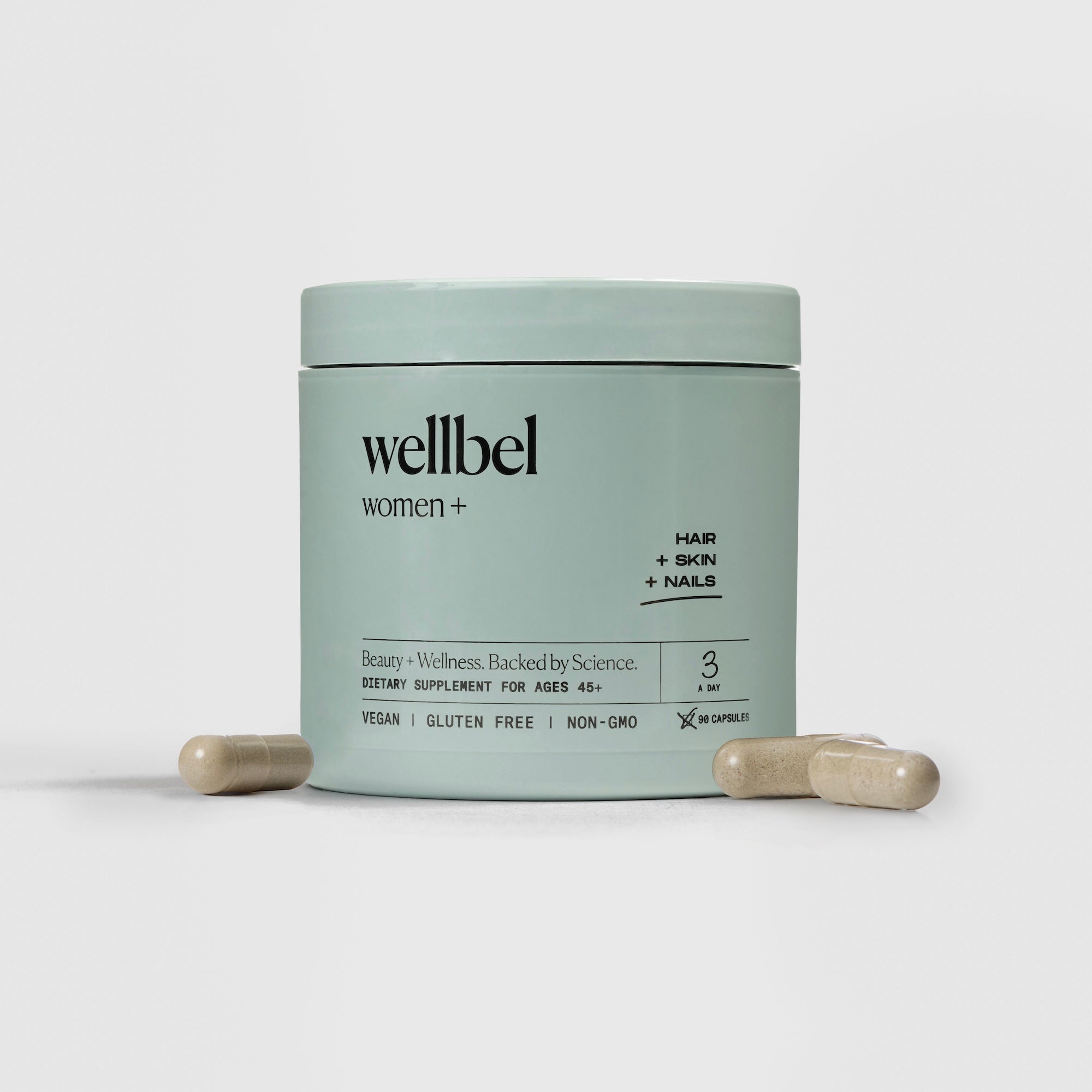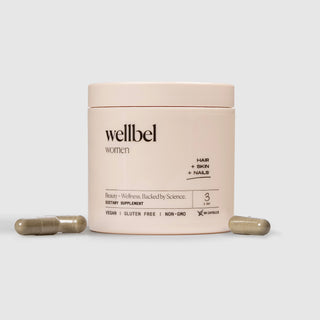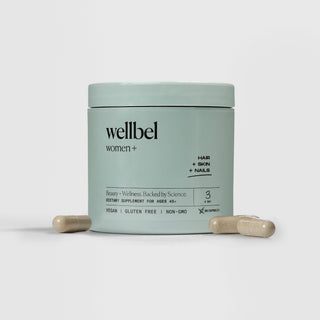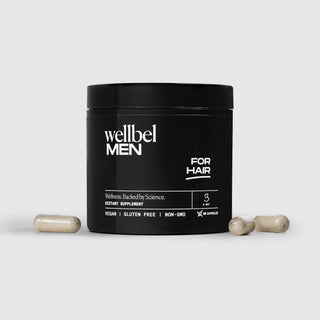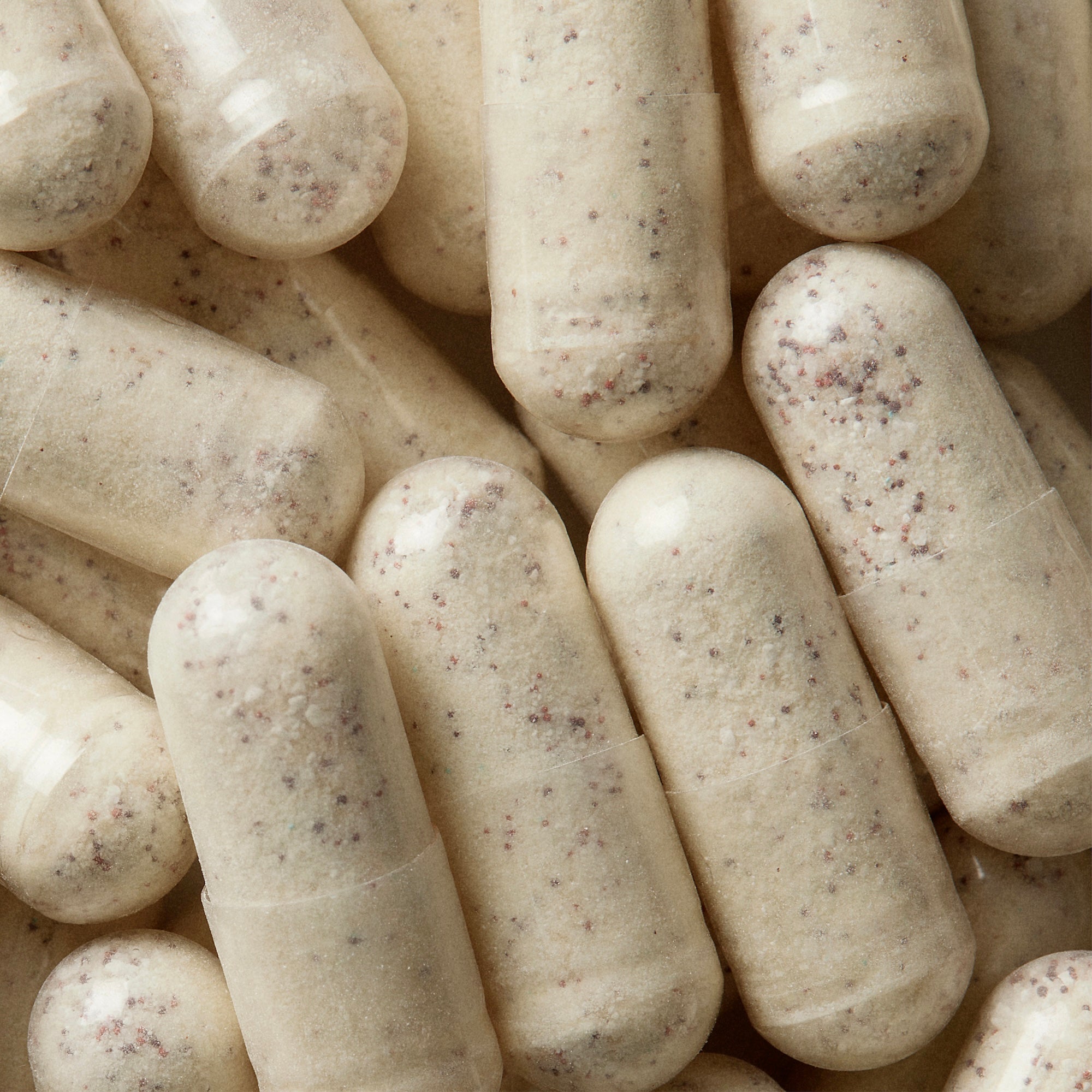For all the attention that’s paid to men’s hair loss, very little is paid to men’s hair maintenance. There’s more to men’s hair health than just hair growth. And we know this may come as a bit of a surprise… but men’s scalps are also just scalps, which need attention and care, just like women’s scalps.
If you walk down the men’s hair aisle at the pharmacy, you’ll probably see lots of 2-in-1 options. Major brands bank on men valuing convenience above all else. And while we get the appeal, we think men are a lot more interested in self care than these brands are betting on.
From dryness to oiliness, itchiness to product build up, today we’re going to be breaking down scalp health for men, with tips and tricks for upgrading your hair care routine. The good news? Scalp care for men is fairly straightforward once you find your rhythm.
Care and Maintenance: Giving Your Scalp What it Needs
Before we get into styling tips, we want to talk about scalp health. Those mass-marketed products may work for some, but the truth is that every individual is different and requires a different approach toward achieving a balanced, healthy scalp. So with that in mind, consider these four topics when deciding what products you want to use in the shower and what lifestyle choices you want to make.
Consideration #1: Your Skin Type
The scalp is made up of skin, so like the rest of your skin, it’s reactive to your environment, diet, and hormones. You might already be familiar with your skin’s natural condition. Do you have dry skin or do you have oily skin? Maybe it changes, depending on what part of your scalp we’re talking about.
If you’re not sure about your skin type, then consider what your scalp usually feels like. Do you find yourself itching at your scalp often? Or do you find you feel like you need to wash your hair every day, otherwise it gets too greasy? An itchy scalp is often a sign of dehydration and a scalp with lots of build up usually means there’s an excess of sebum, the natural oils your scalp produces.
One condition that combines those two symptoms is, everyone’s favorite, dandruff! Dandruff is actually related to an overgrowth of yeast on your scalp’s microbiome. Before you get grossed out, everyone has some yeast on their skin. That’s normal. But too much can lead to the scaly patches and flaking associated with dandruff.
So go to the bathroom and take a look at your scalp. Do you have flaking related to dryness or dandruff? When you run your hands through your hair are they coming back oily? All of the answers here can help inform whether you need to try medicated anti dandruff shampoos, hydration focused products to keep your scalp moisturized, or deep cleanse products like a scalp scrub for an oily scalp.
Consideration #2: Your Curl Pattern
Next, you’ll want to consider your hair itself. Is your hair naturally curly, wavy, or straight? It might surprise you to know that these curl patterns all require slightly different maintenance. Yes, even if your hair is short.
Curl pattern is decided by the shape of your hair follicles, inside your scalp. A curved hair follicle will produce curly hair, while a straight hair follicle will produce straight hair.
Generally, curly hair is drier than straight hair, as it’s more difficult for oil from your scalp to travel down the hair shaft. Straight hair can become limp quickly, especially if you’re not rinsing shampoo and conditioner out sufficiently — more on that later.
Consideration #3: Your Hairline and Density
While hair growth isn’t the only topic in men’s hair health, it still is an important one. It’s perfectly normal to experience thinning hair as you age. In fact fifty percent of men will experience at least some hair loss before the time they turn fifty. Much of this type of hair loss comes down to genetics, but hair loss can be exacerbated by stress, poor diet, and lifestyle choices like smoking or repeated UV exposure.
The reality is that hair follicles are like any other organ in your body. They require specific nutrients to thrive and will suffer from deficiencies. Zinc, biotin, and vitamin D deficiencies have all been tied to hair loss.
If your diet doesn’t include enough of these nutrients, your hair can become thinner over time. That’s why we recommend introducing a scalp supplement into your daily routine. Our proprietary formula includes zinc, copper, and a number of vitamins which work together to feed your hair follicles. It also includes saw palmetto, a plant based ingredient that blocks the production of 5-alpha-reductase, which converts testosterone into an enzyme called DHT. DHT is the molecule responsible for hair loss in men.
A balanced, nourishment-focused diet can make a world of difference for both your hairline and your hair texture. If the goal is healthy hair, the best place to start is within.
Styling: Helping Your Hair Look its Best
Upgrading your shampoo and conditioner game is a great step forward, but there’s more you can do to help your hair look its best. Let’s talk about styling and routine.
Consideration #1: Your Oil Levels
When deciding how you want to style your hair, consider your oil and build up levels. Do you deal with scalp irritation? You might assume it’s because you have a dry scalp, but it’s also possible that you’re not cleansing sufficiently in the shower and applying styling creams, gels, and pomades on top of existing product build up.
If you deal with oily hair, especially if you have fine hair, try a lightweight styling product, like a mild pomade or a dry shampoo paste which can help soak up some of that excess oil. On the other hand, if you have a flaky scalp and dry hair, you can opt for moisturized-focused products like serums and creams. We like to look for moisturizing styling products that include natural active ingredients like tea tree oil, and gentle bases like coconut oil or shea butter.
Consideration #2: Your Hair Care Routine
The way you take care of your hair is as important as the products you apply on it. Here are some tips to bring some life into your locks that have nothing to do with products.
- Be reactive: Don’t just wash your hair because you’re in the shower. Ask yourself, does my hair need to be cleansed? The goal is to avoid scalp inflammation.
- Be gentle: If you have naturally curly hair, you might be doing it a disservice by brushing your hair when it’s wet or drying it aggressively with a towel. Gentle combing and moisturizing your ends will help those curls spring into action.
- Be soothing: If you deal with oiliness and build up, a light scalp massage can help lift away sebum, dirt, and grease. Try scalp exfoliators and gently massage your scalp before washing it. You’ll feel the difference immediately.
- Be diligent: Consistency is key across every aspect of your hair care routine, which includes giving your scalp a clean environment. Swap out your pillow covers more often.
- Be proactive: It’s possible that your scalp issues may be related to a skin condition like seborrheic dermatitis. When in doubt, see your doctor and get to the bottom of it.
Remember to be patient. You might make some missteps on the road to a healthier, happier scalp, but those are just learning opportunities.
Scalp Health for Everyone
So when it comes to healthy hair, our best advice is to ditch the 2-in-1 hair products and focus on a targeted scalp treatment. A scalp care routine may seem a little extra, but once you feel the difference between an unhealthy scalp and a healthy one, you’ll be sold.
Whether you need to treat dandruff, curb sebum production, soothe irritation, repair hair breakage, or fight oily hair, trust that you can find a daily routine that works for you. When you focus on your individual body’s needs with the right products, a proper hair car regimen, and a supplement designed for hair health, you can keep your scalp hydrated, your hair follicles nourished, and help your hair to look its best.
Sources:
Prevalence of male pattern hair loss in 18-49 year old men | Dermatologic Surgery
